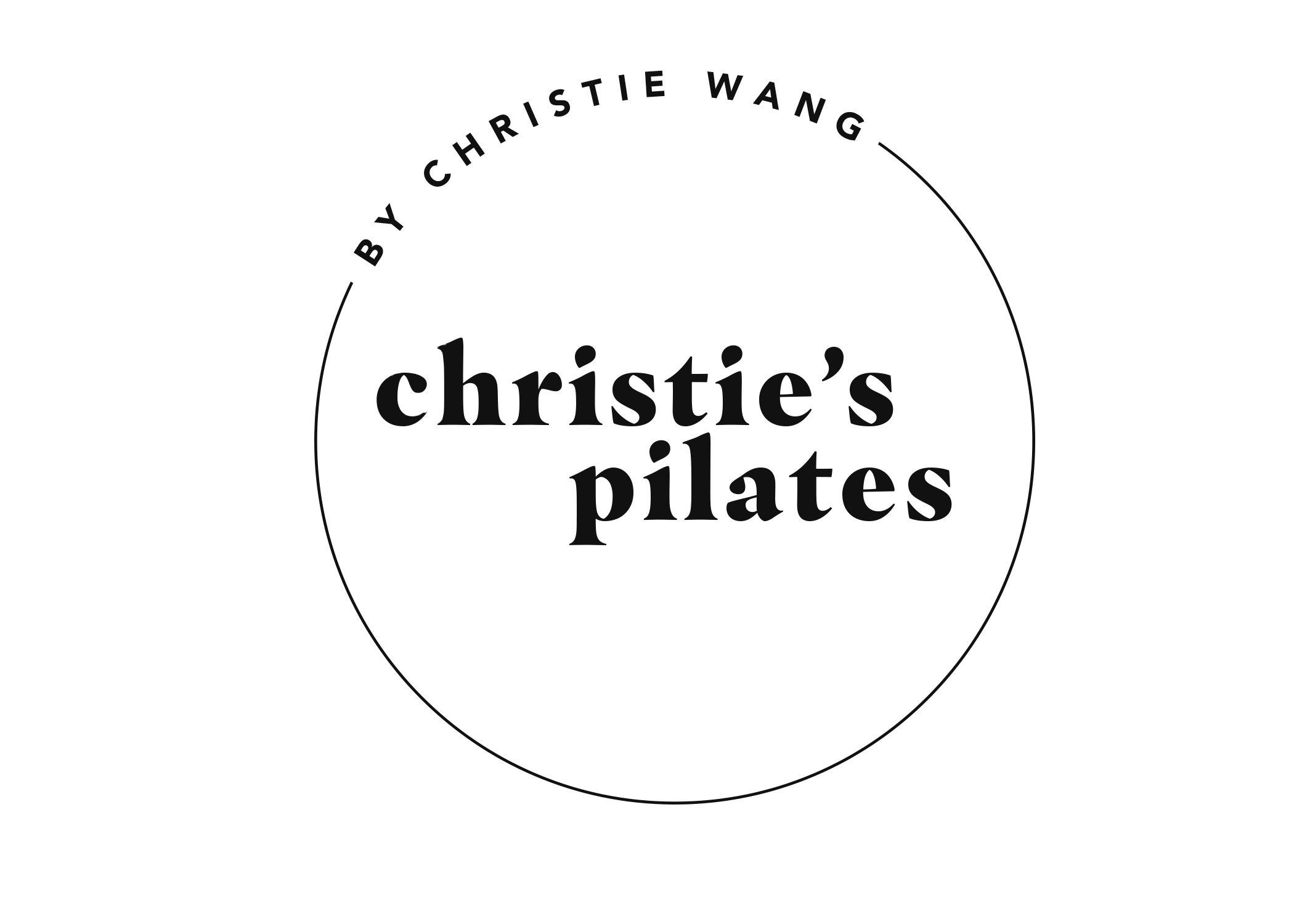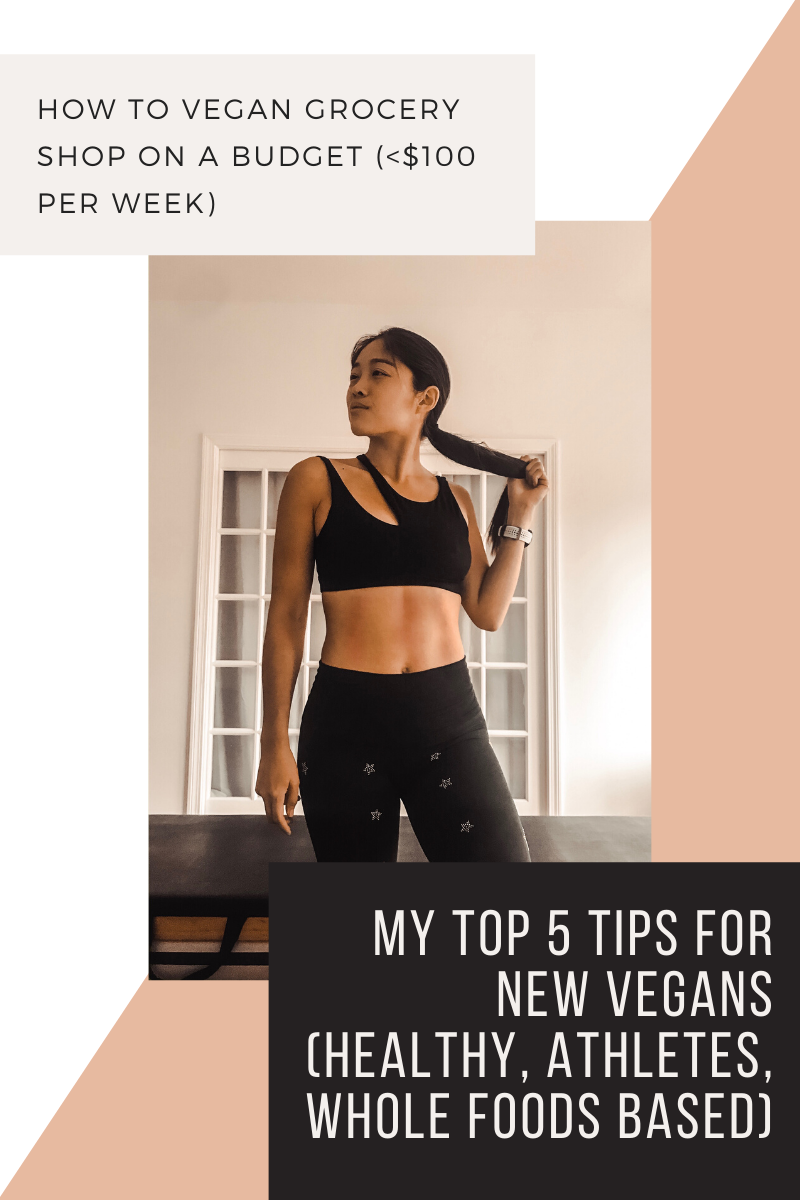My Top 5 Tips for New Vegans (Healthy, Athletes, Whole Foods based) + How to vegan Grocery Shop on a budget (Under $100/week)
Hi all -
As a vegan for more than two years now, I get a lot of questions from friends about how to go vegan. Although I’ve gotten into the swing of things, I do remember the struggle early on - missing croissants, greek yogurt, and flaky salmon. The great thing about veganism is that it is so easy to eat vegan nowadays - there is a “vegan” alternative for almost everything. Dunkin’ Donuts Breakfast Sandwiches, BK Whopers, Vegan croissants and pastries, vegan butter and yogurts, vegan eggs (Just Egg and egg replacer) and so much more are now readily available. It does make it more challenging to eat healthily but, hardly any one can say that vegan options aren’t as available or easy to find.
Here are my top tips to help you stick to your vegan diet but, also to do it cheaply, simply, and healthfully. I promote whole foods based eating and living - no restrictions on amounts of food - just trying to eat as many “whole foods” as possible. My husband and I try to spend <10% of our food budget on processed foods and have a dedicated “eating out budget” for other meals. We love to eat healthy, satisfying meals. We are not “anything” specific except vegan so we have our fair share of vegan Thai food, sweets, tacos and more.
Know your why
Remember why you went vegan; this will help you stick with it. Make sure to have a strong understanding of why you chose to live a vegan lifestyle - the planet, the animals, your health? Remind yourself of that consistently. It’ll help you stick to your lifestyle instead of giving up after a few weeks!
Meal Prep and Smart Grocery Shopping to Spend Less
Find a list of food bloggers and recipes for your rotation
What are your criteria for making food? Healthy? Raw? Simple ingredients? Easy? Microwave only?
From there, find bloggers and sites that cater to you and follow them! Pin or save a few recipes that look like they could work. Read through them carefully and watch the videos that accompany them to make sure you know what you’re doing.
For me, I need all my recipes to have simple ingredients/easy and to be healthy (whole foods, less oil and no refined sugar). I follow bloggers like From My Bowl, Ellen Fisher, Sweet Simple Vegan, The Happy Pear, High Carb Hannah and use cookbooks like The Easy Vegan Cookbook and No Meat Athlete.
Find recipes you want to make for the week - make sure you have a good idea about portions
I usually think about each week and what I want to make for the week on Saturday or Sunday. My husband and I are both very active so we eat a lot (he eats 4 square meals a day). We have to make a ton of food to keep us going for the week. Know what your family or you eat for portion sizes - this just takes some time to figure out if you’re new.
For example, this week we are making vegan chili, spiced coconut chickpea stew, and soy sauce chickpeas with garlic broccoli. We always cook brown rice and have kale or some other green ready to go in the fridge to pair with our meals. We usually buy 4 heads of kale per week, 2 lbs of chickpeas dried etc.
Make a grocery shopping list & set aside time to meal prep
Assess your pantry and figure out what you have and don’t have. Try to reduce food waste by using ingredients you have already. From there, buy only what you need - and again, if you meal prep, most of your fresh produce should be used up by the time the week is over!
Take 2-3 hours to meal prep for you and your family - it makes all the difference!
Using these tips, and without even really strictly “budgeting", my husband and I spend <$100/week on groceries. We buy all organic and shop at Whole Foods. We splurge on organic berries ($8 for 2 boxes) and 5 organic avocados a week (total to $15).
Have your snacks & alternatives ready
It’s more than just the meals! I get hungry all the time and go out of my way to have snacks with me constantly. I do my research on where I can buy snacks and what kind of snacks I can eat. In my hometown, Boston, I have an internal map of where I can eat, and where I can’t. As well as vegan friendly grocery stores - spoiler - most grocery stores are inherently vegan friendly!
Here are some snacks I love to have in my back pocket. You can easily find these at any grocery store:
Fruit
Vegan energy or protein bars
Vegan protein shakes (blended with frozen fruit)
Dried fruit bars or trail mix
Rice cakes and peanut butter
Single serves of PB/AB
Do your research
As a vegan (or anyone with a dietary restriction), it’s your responsibility to do research before eating out or going to a new place. Many people aren’t familiar with what “vegan” even means so, be prepared before meeting up with friends. You kind of have to be ok with being the group Yelp-er if you want anything good to eat.
You don’t want to be caught off guard in a new place. It’s easy to feel like you have to cave and eat animal products because you don’t know a better alternative. There are so many vegan review sites, guides and videos to help you with planning for travel, or even exploring a new part of time.
I like using sites like Happy Cow, Yelp, and just Youtube/Google. I’ll search “Vegan Restaurants in XYZ place.”
Make sure to know what is considered vegan and isn’t (honey v maple syrup) and know your limits. Are you willing to eat food fired in the same batter as chicken? Or do you need them to replace the oil? Here’s a short list of things to look out for:
Honey
Butter, Milk, Yogurt, Cream in baked goods, breads, and any “creamy” pasta dishes
Fish sauce, oyster sauce, and anchovies in Asian food (usually broth or mixed in the sauce)
Egg in some pasta and pizzas
Cream/Yogurt/Butter in Indian Food (Naan, and many of their vegetarian dishes)
Obviously cuts of meat, seafood and more
Find a Vegan Community
Being vegan alone is hard! Reach out to other vegans you meet and offer to cook for each other or grab a meal together. Knowing more vegans helps you to feel less alone. Although my husband didn’t go vegan with me, we are both vegan now and it makes cooking and eating out together so much easier. Perhaps try searching on IG #yourcityvegans and you can DM folks who look approachable there! I also find that many people who regularly attend yoga studios are conscious about what they eat, and I’ve encountered more plant based eaters there!



